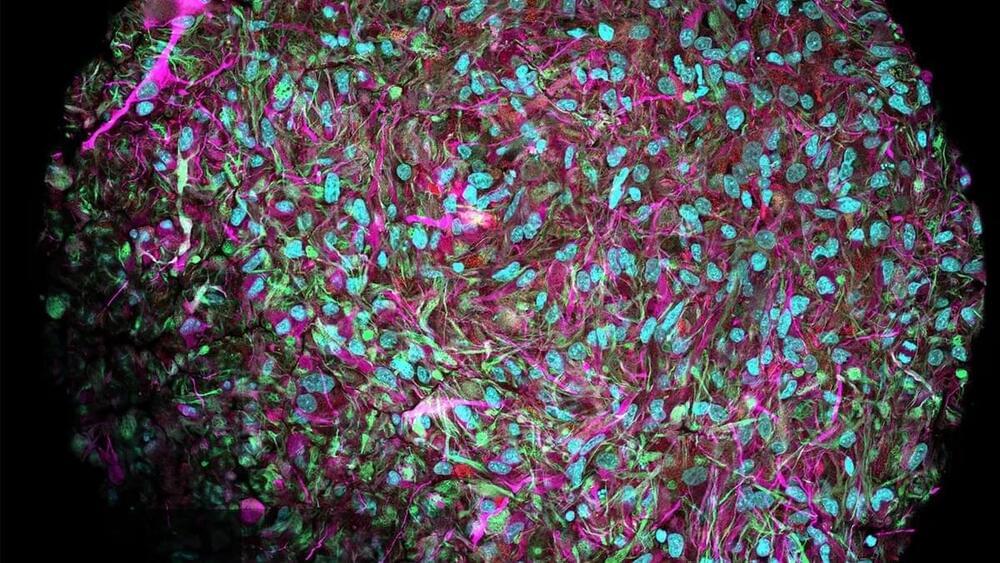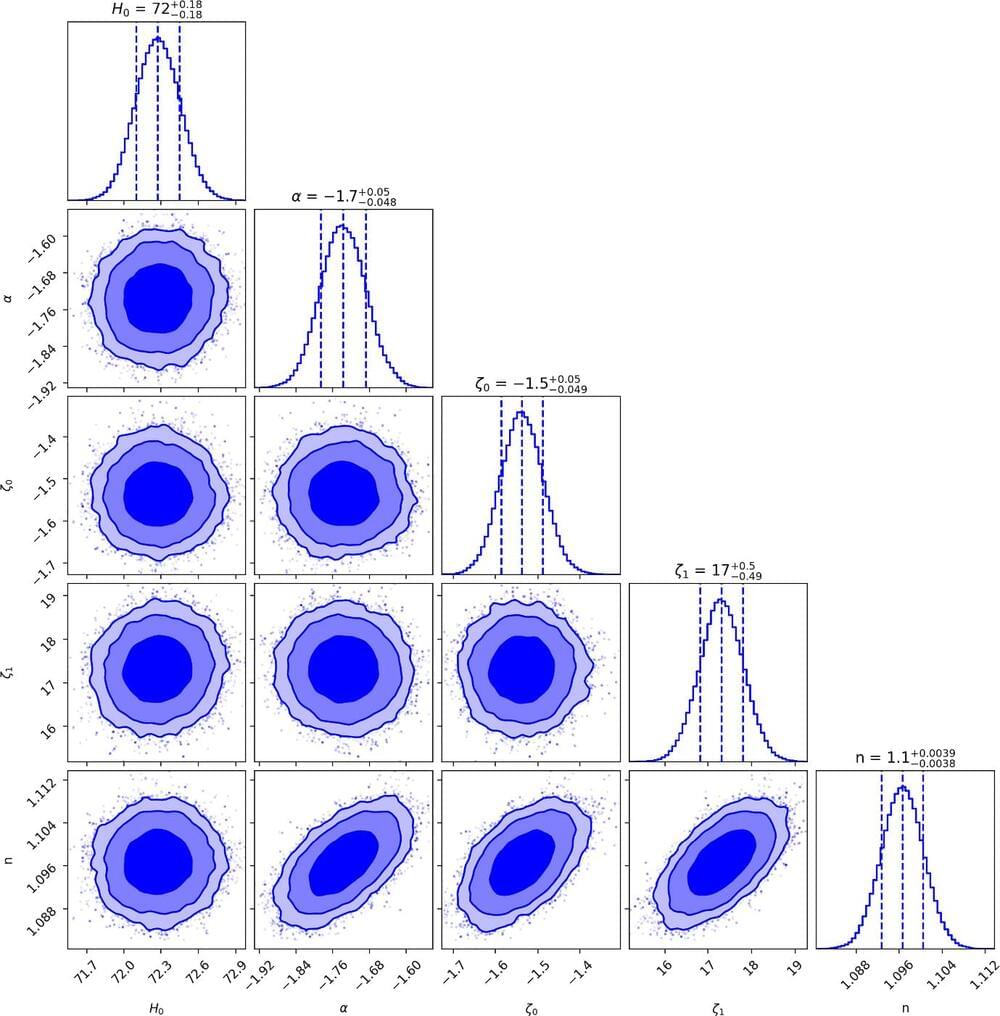Author: Kiyana Rahimian.
“Pick all the cells with traffic lights”… Often, when opening a website, users have to verify that they’re not automated software by completing a test where they select certain parts of a picture. Such tests are types of Automated Turing tests. The Turing test, developed by Alan Turing, helps determine if technology can replicate human intelligence. As of now, even though engineering has sought to replicate brain-like functions through developing artificial intelligence (AI), there’s been no success in replicating human brain functions. Although the human brain processes basic information, like numbers, at slower rates than machines, they are better able to process complex information. Intuitive reasoning gives human brains the means to perform considerably better with little, diverse, and/or incomplete information.8 Compared to silicon-based computers, human brains are better at data storage and are way more energy efficient.





